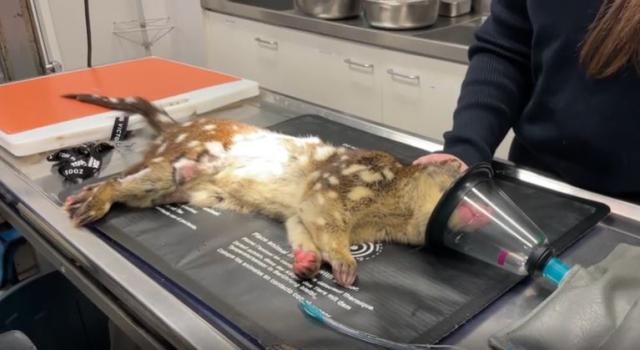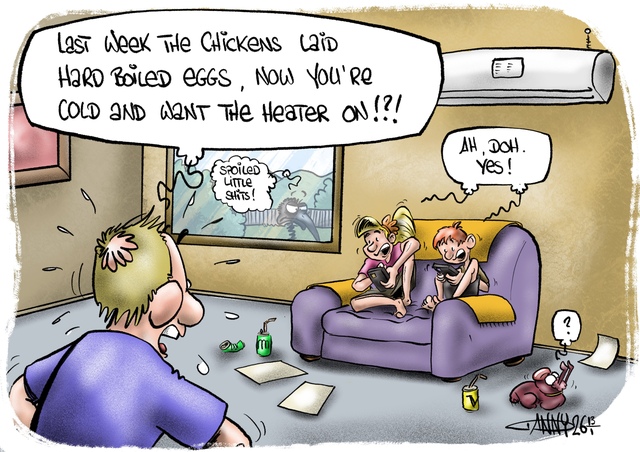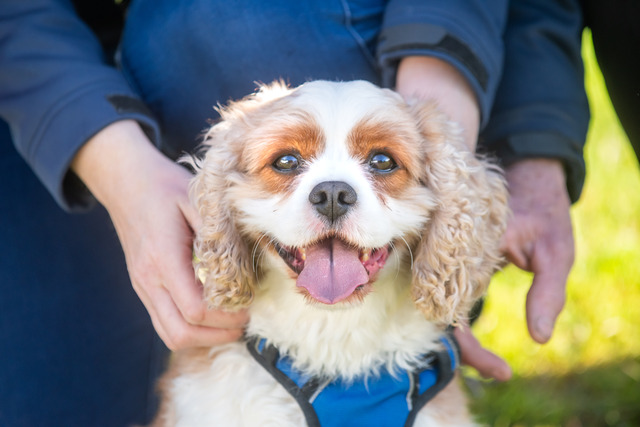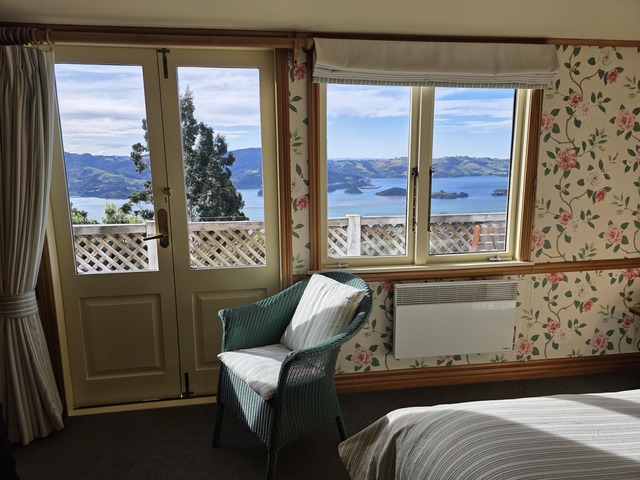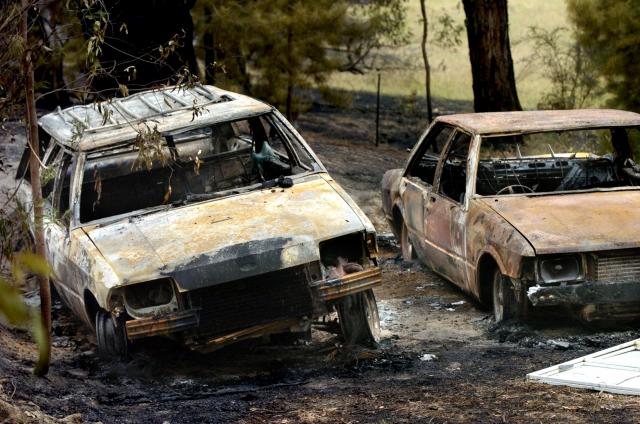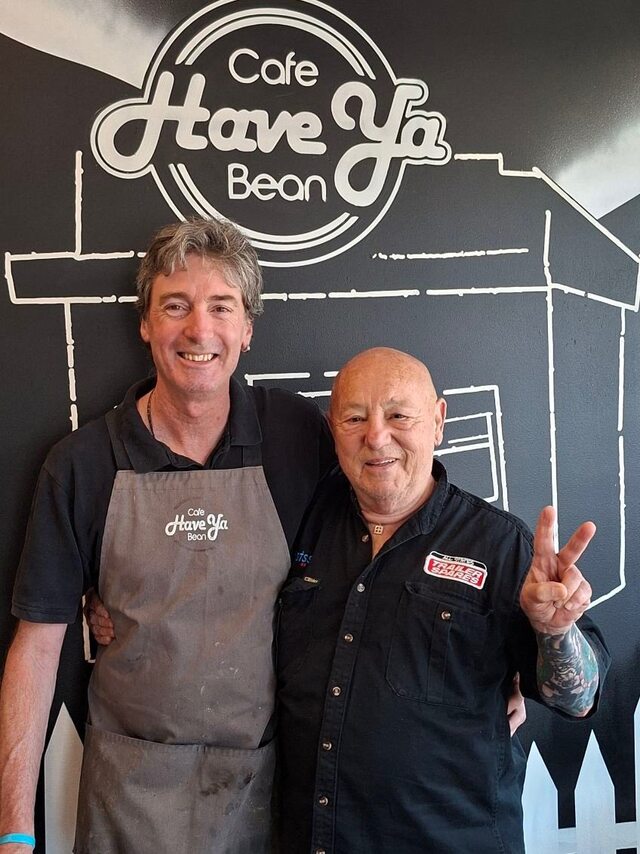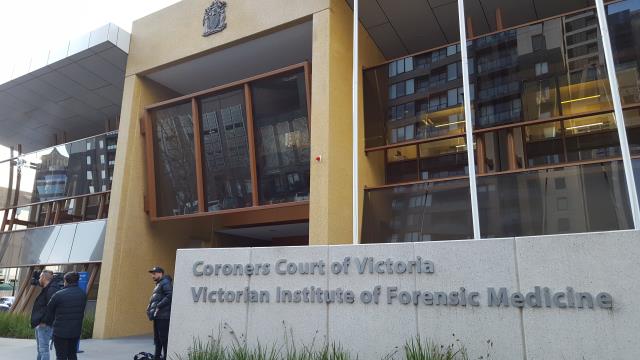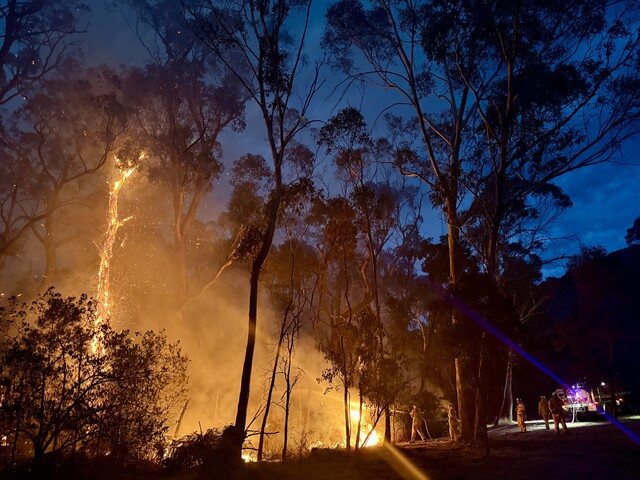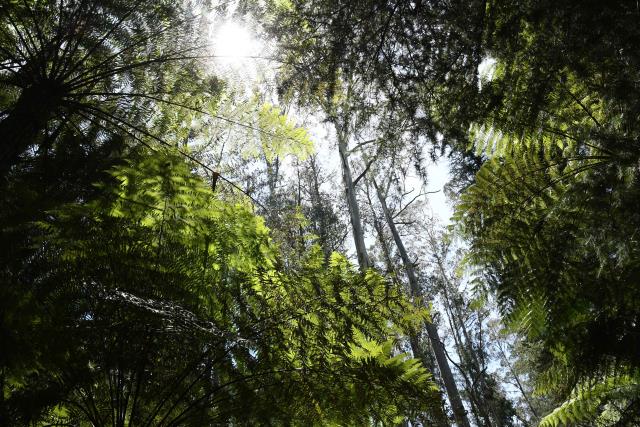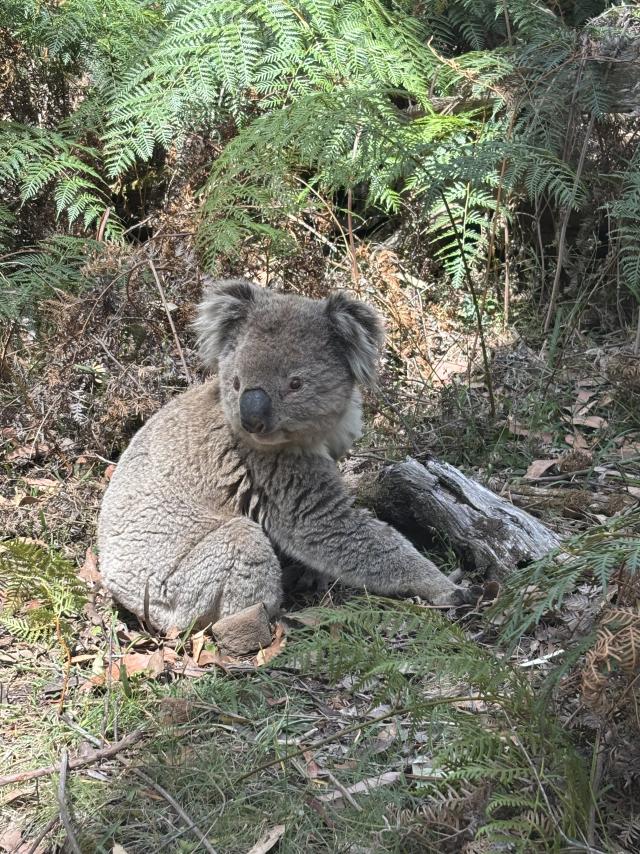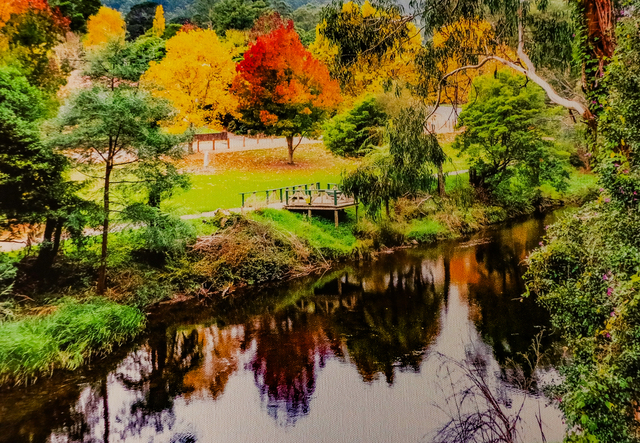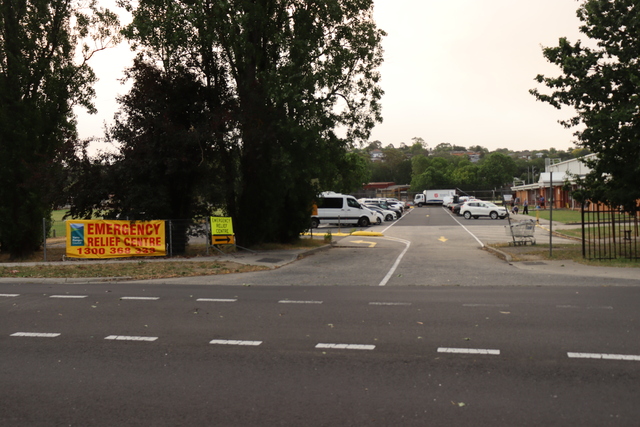The endangered Spotted-tailed Quoll is a rare sight, but it is even rarer to find one in a suburban backyard chicken coop.
However, one of these carnivorous native marsupials has been found preying on chickens at Wonga Park, in Melbourne’s outer east.
The young male had wounds on both back legs and small cuts around his mouth likely from the chicken wire when he was rescued and transported to Healesville Sanctuary’s wildlife hospital.
Healesville Sanctuary Veterinarian Dr Megan Curnick said the Australian Wildlife Health Centre seldom sees wild quolls for treatment and it’s a reminder to anyone who comes across injured wildlife to call authorities for help.
“The quoll was anesthetised to determine the extent of its injuries and scanned for a microchip just in case it was a misplaced animal,” Dr Curnick said.
“We also carried out a blood test, X-Rays and collected faecal samples to check for any underlying disease or injuries.”
The quoll’s wounds were cleaned, and he was given antibiotics and pain relief.
After receiving care for three weeks, the animal was deemed fit enough to thrive again, so was returned to a suitable wild habitat within Yarra Ranges National Park.
This decision was made in consultation with the Department of Energy, Environment and Climate Action (DEECA) and Parks Victoria.
The Spotted-tailed Quoll is an Australian native animal also known as a Tiger Quoll.
They are about the size of a cat, mostly nocturnal, and partly arboreal.
Quolls can travel long distances overnight and male quolls typically have home ranges of between 1,500 and 3,000 hectares.
This species is classified as Endangered in Victoria according to the Flora and Fauna Guarantee Act 1988 – Threatened Species (May 2023).
Threats to the species include competition from introduced species, such as foxes and cats, habitat loss and poisoning.
The Australian Wildlife Health Centre at Healesville Sanctuary treats more than 2,000 patients annually and can assist with injured, sick, and orphaned wildlife.
The hospital is open from 9am to 4pm every day of the year.
Call (03) 5957 2829 or visit zoo.org.au/emergency-wildlife-help/.

